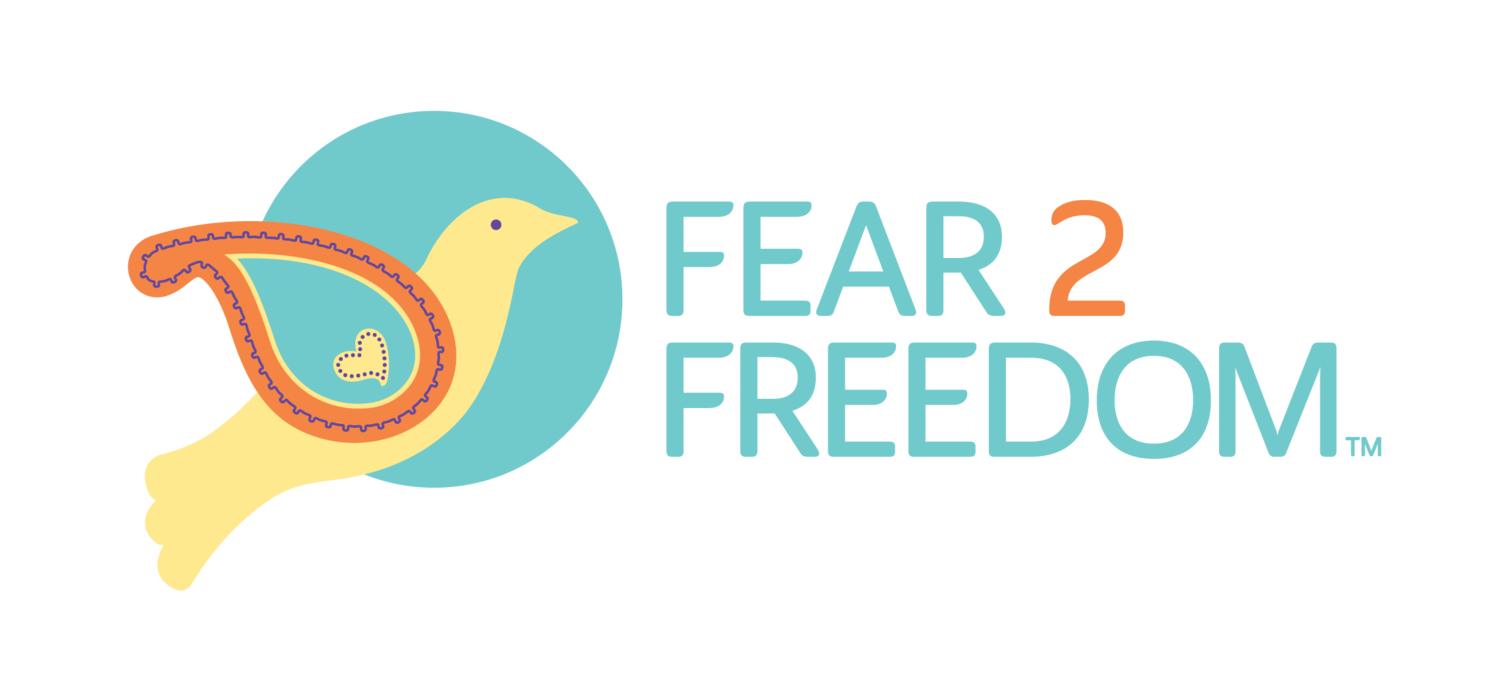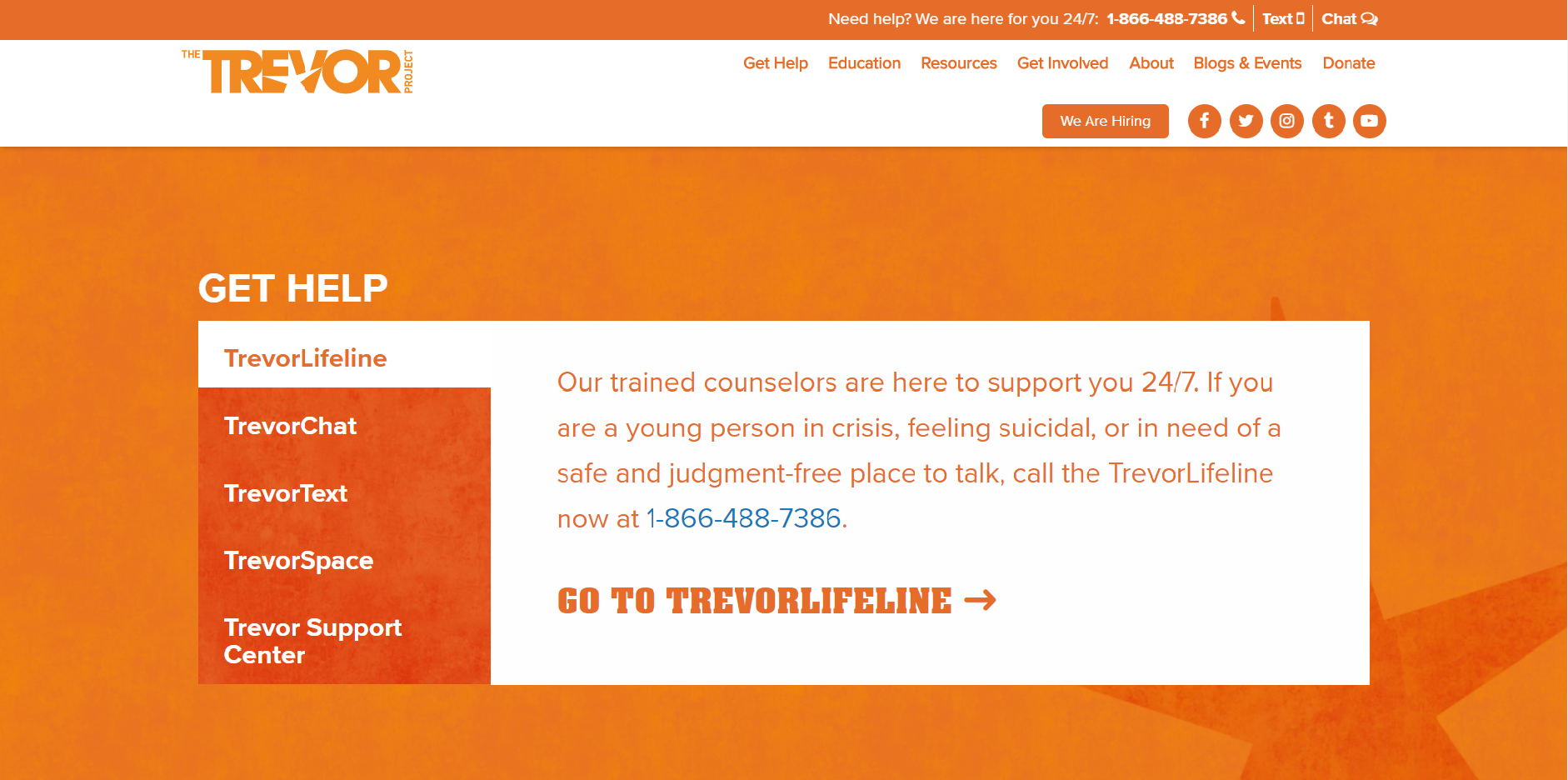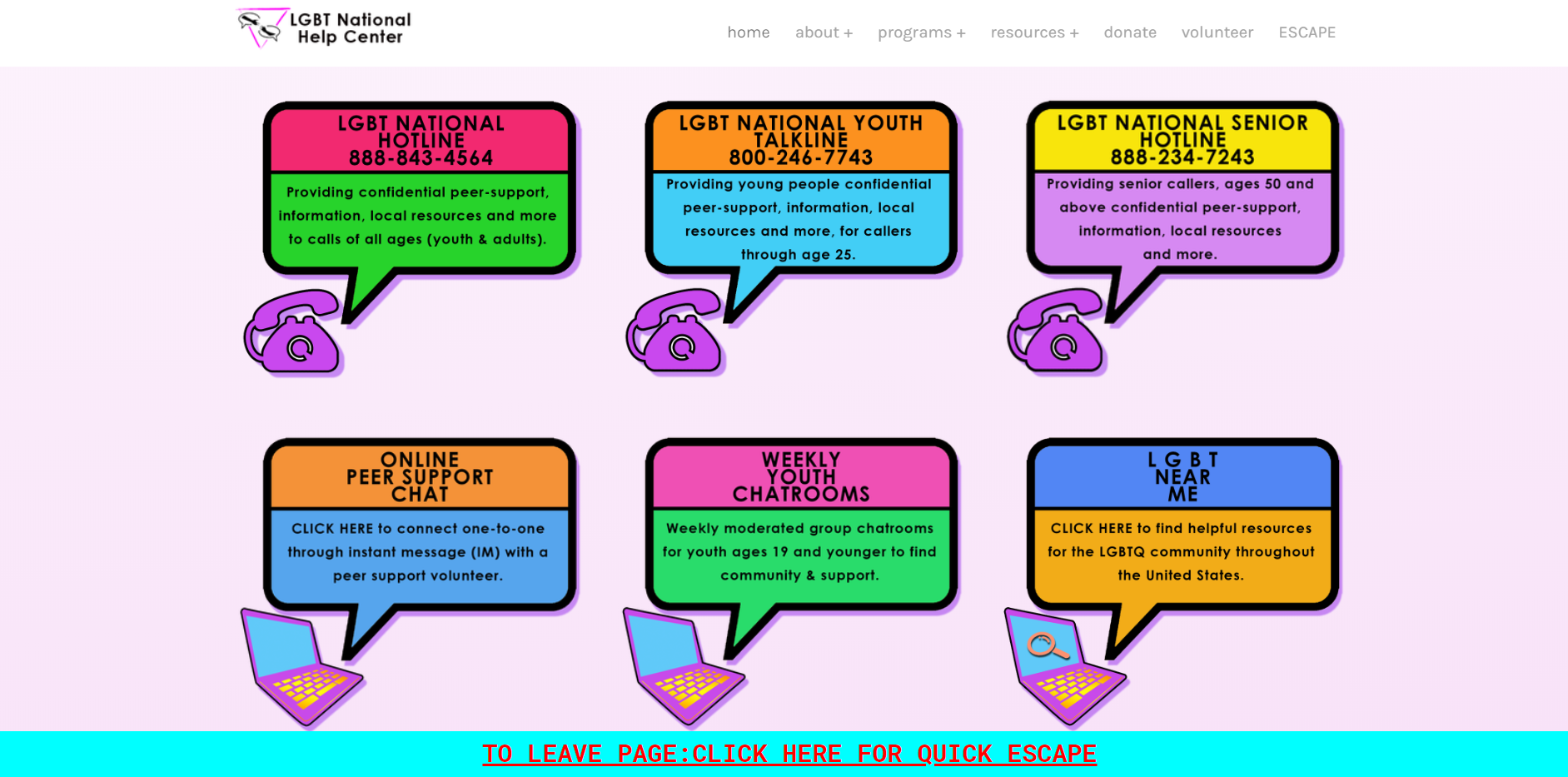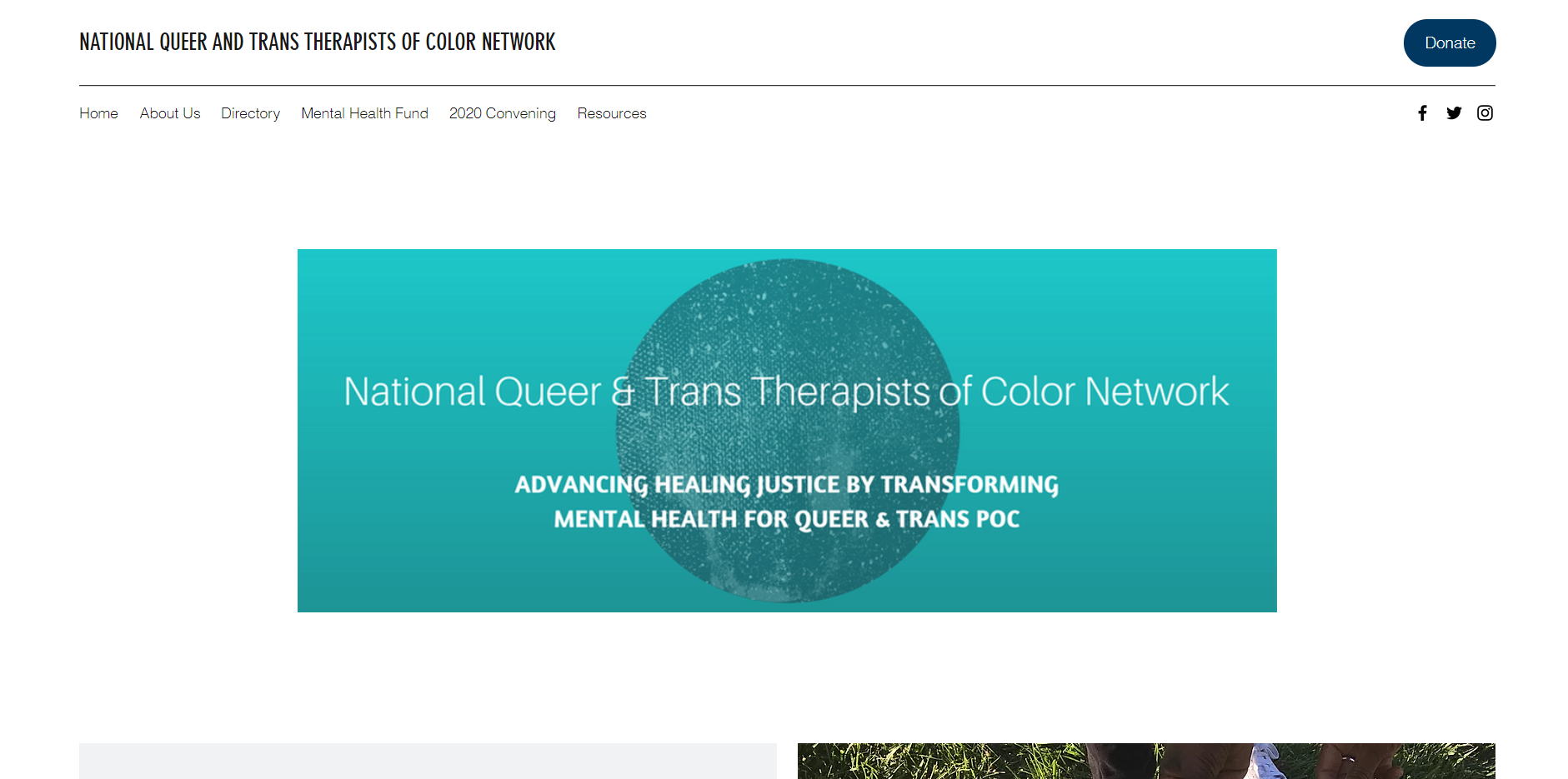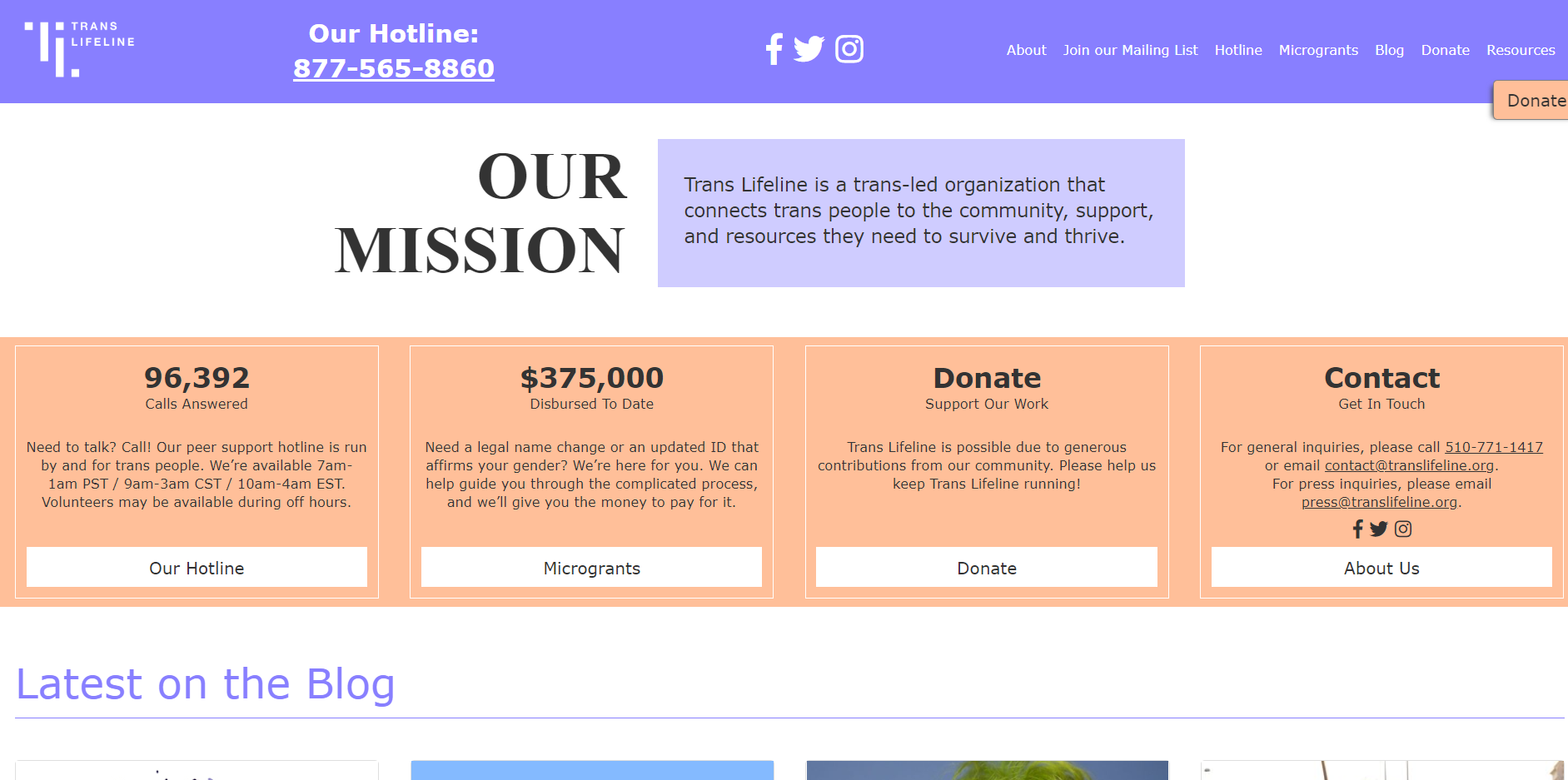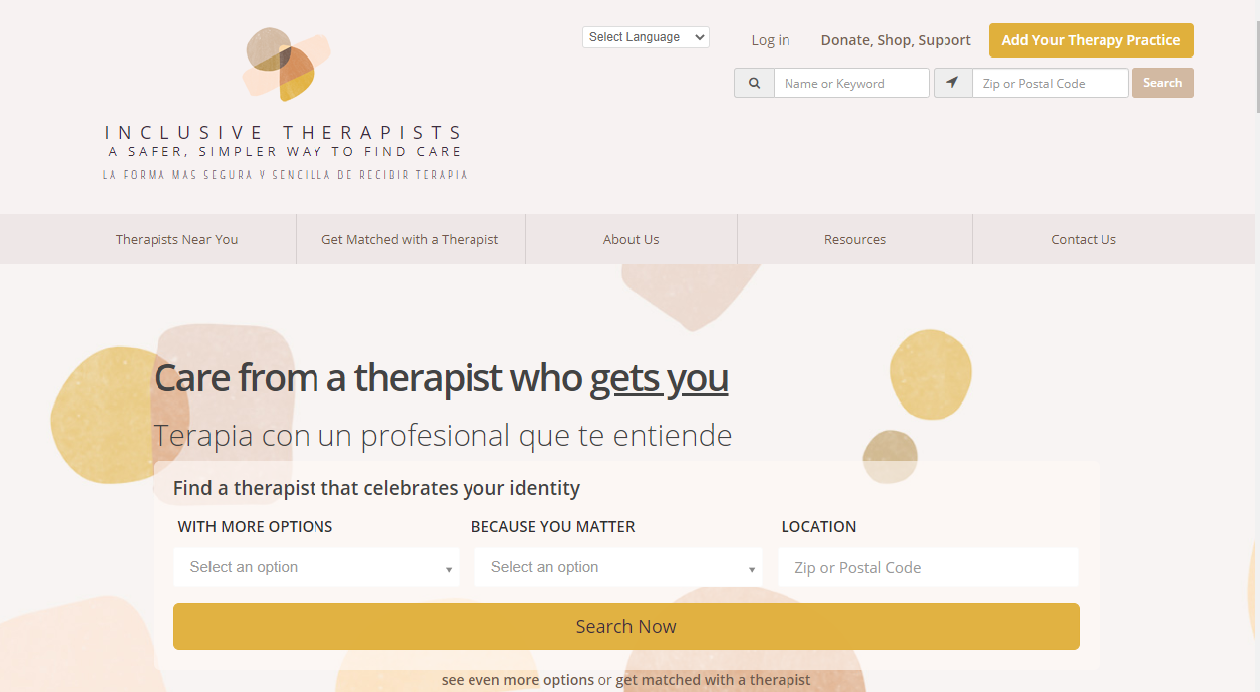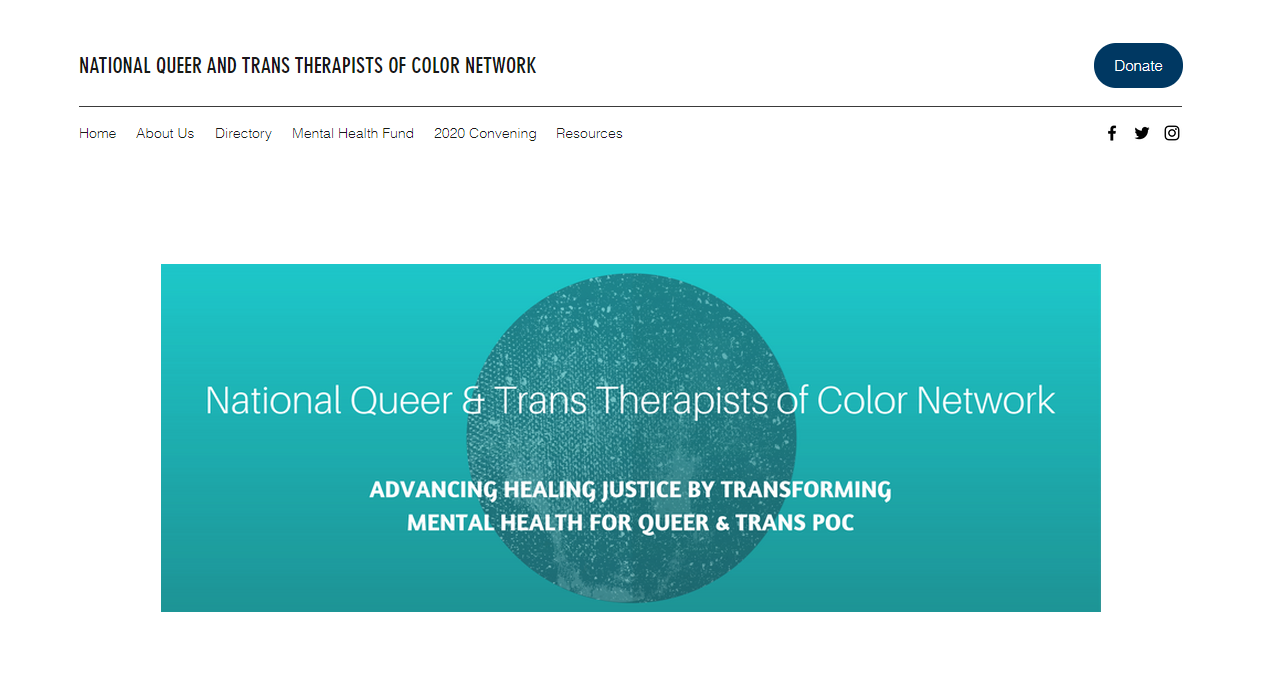Content Notice: sexual violence, victim blaming, bullying
written by: Honey Bear* *a pseudonym
- All the names in this story have been changed -
Before the night
My friend Emily invited me out to celebrate a recent event in her and her partner's life. Initially I was not going to go because it just wasn't my scene. In the daytime there was a party that I helped set up. She had asked me again to please come! I told Emily I would be there. I wish I would have trusted my gut instincts.
When my husband dropped me off I was greeted by her group of friends who’d I seen earlier at the afternoon party. They were all mostly tipsy. My assaulter was a friend in their group, we will call him James. I didn’t know him very well but I knew some things that Emily told me. I did not hear great things about James.
The start of the night
I remember every detail of that night. We get to the first bar and I order myself drinks - mostly because I could not stand being this sober around this many drunk people. I ordered myself a total of 3 drinks, not that it really mattered.
Another guy in the group bought me my second drink. I knew him fairly well and he's always been super nice and funny. Cool - I felt absolutely fine and steady with the drinks I had had so far. I was loosening up a bit and felt less anxious.
The first signs
I remember James sitting far too close to me and I crept closer to the girls next to me. I leaned as far away from him as I could. Another guy noticed and asked one of the girls to move him and sit next to me because I was clearly uncomfortable. I felt I had given enough signs to show I was uncomfortable, however I am glad someone noticed and took action.
I remember early on feeling compassion for James. He seemed like a troubled guy and he reminded me a lot of an old friend I had years ago who passed away. I felt because James reminded me so much of someone I knew that I could understand him a little and be a friend to him. I thought I'd kept it friendly.
We went to the next club/bar and we were asked for drink orders after we paid for our entrance fee. James ordered me, himself and Dane drinks. I was like hmm okay fine, I'll have one. That was my last drink.
The assault
I am not much of a dancer so Emily and her friends were mostly out on the dance floor. I sat back at the booth. James sat with me. We talked and joked and stuff. It felt fairly normal.
I then went to the restroom. After returning, I am certain I took some sips of my drink. Which by the way.... please never leave your drink unattended of course. I filtered through the fact that maybe I could have been drugged. I do not know if it was because I remember pretty much my whole night. But I came to the conclusion that I most likely wasn't.
Suddenly, I remember leaning in the booth to rest for a bit. I felt tired. Which is a little odd because when I drink I'm usually energetic and giggly.
James was next to me and slid his hands under my sweater. I could feel his breath on me. I froze, I felt paralyzed. I felt as though a ghost of me was watching me from above.. telling me “get up, move!” Like how you feel in a dream. I couldn’t move. I laid there, frozen. I know he was touching underneath my sweater, my waist, my boobs. I don't recall if it got any further than that. I later found out that this is called Tonic Immobility and a lot of victims experience this.
Luckily, Emily’s friend Linda noticed. She called out my name and I looked up at her like I saw an angel in disbelief. She asked if I needed help, I couldn’t really talk but I remember nodding in fear. She grabbed me as I cried hysterically and she walked me around looking for Emily. We stopped at a bar area and Linda grabbed me some water. I am incredibly grateful for Linda to have been there that night and witnessed and saved me from what could have been a worse situation.
The end of the night
Emily was very much wasted, what appeared to be black out drunk. I thought Linda and I had told her but it must not have been communicated to her.
I spoke with other people in the group. I remember crying into Danes' shoulders. I knew what happened. I was crying for a reason. I had to remind myself that I wasn't just going crazy or imagining things.
We ended up outside of the club. I was still a bit hysterical, a girl outside the bar noticed - Lacey. She came up to me and asked if I was ok. I didn't know her but I think I told her yes, I'm ok. She insisted I add her on social media, and she asked me if I needed any help. Days after I got to speak to her.
She said "I can testify to you being in distress. I've never approached someone the way I approached you. It was a genuine concern. I told my friend I was worried about you too."
Wow, a stranger was so kind to me. She was worried about me that night and she made it a point to come up to me and I thank her so much for that.
The night sorta ended there, we all walked back to the cars once everyone was ready. I remember at one point James trying to walk near me and I said "No, get away from me" and I went on the opposite side of the sidewalk. During the walk to the car I called my husband, told him what happened. A girl in the group spoke to him. I remember her telling him "oh she's ok..." but don't really remember what else she said.
Getting home was a bit chaotic. Luckily James was not in the car I was in. My wonderful husband stayed awake. I just got ready for bed and the night was over. Linda texted me to let me know she was home safe and I texted back to let her know I was home safe as well.
The next morning I was filled with denial and calmness regarding what had happened. I needed to find a calm way to maneuver this because after all James is their friend. I only really knew Emily in the group. These were all her friends...
Why would anyone take my side? Why would anyone blame my abuser? I shouldn't make this a big deal, right?
Linda’s Messages
I messaged Linda, thanking her for last night.
In my message I said "I don't know if I was over dramatizing whatever was going on in that booth but I appreciate you being there and grabbing me"
Looking back... Why was I doubting myself? Why did I make excuses?
Linda messaged back giving me a bit more detail "I got to be superwoman last night and pulled you from a burning car"
This validated my experience. She also said looking back that she had wished she punched him in the face. What a super woman, my hero.
I asked Linda if she remembered where he was touching me. I told her I felt like it was my waist and boobs but wasn't sure if she had more information.
Linda replied "You were slumped over, almost like a nap. His right hand was on your lower back and going for your right pocket but I couldn't see his left hand sorry. Also an important note, you were total dead weight and very floppy."
I thanked her again for all the information she's given me and for being my hero. I told her that I remember that I was definitely feeling like dead weight and when I was slumped over I was frozen.
I gave Emily some time that day to recoup from that night. I called her with my main intention of bringing up what James did.
Looking back I thought:
Maybe it was how calm I was when I called her? Maybe it was the way I brushed off that he was drunk and so was I?
I told her he touched me but I was okay. Emily just sorta said something along the lines of oh wow. It was a brief call but I know I told her a less detailed version.
Jasmine’s Messages
I sat and stewed for a day, because I felt I had no support… it happened… I know it did. I had texts with Linda to prove it when she told me what she saw after. I reached out to another girl in the friend group - who was not there but I talked to her early the day of.
I reached back out to her and told her what happened. I just wanted someone to talk to, I also just wanted everyone to know what he did. I wanted it to be known. Jasmine was very supportive. I told her I have been trying to play it off as no big deal because he's everyone's friend but as days passed by, I felt no one cared to notice or check in on me. I realized, these weren't my friends.. They were Emily's and James' friends. I felt powerless, I felt like I needed to do things the right way and I needed to be very careful. Did I do things the right way?
Jasmine listened to me - told me what he did was not ok.
Finally, someone said it.
She said "he has absolutely no right to touch you in any way"
Thank you Jasmine, you made me feel safe and validated in these moments. She was upset, I thought: Finally, someone was upset so I could be upset too right? Jasmine offered to talk to James or at least Dane who could bring this up to James. Nothing really came out of that because Dane refused to do so and no one wanted to be involved.
Emily’s Messages
A couple days later I finally let Emily know the more detailed version.
I said "I don't think what happened over the weekend was OK at all. I've been processing things and…"
The next sentence - I acknowledge what I said was uncalled for and I did apologize for this.
"I don't think a good friend would've let this happen & then not address things with James or ask me if I am ok. I don't blame James, or really anyone, I'm more upset at the fact that I haven't had support from you after it all happened. I am not ok and I think I really need time to reassess our friendship and have some space from this dynamic"
I did blame James though, once I got past whatever compassion I thought I had for him.. i blamed him - I just didn't want his friends to know in fear that they'd dislike me
Her response felt less than sympathetic.
I didn't know what to say. I didn't mean to blame her, of course in the end I blame James. Was I allowed to blame him? Should I have approached Emily differently?
My next message I apologized and told her that I didn't mean to put any blame on her. I think in that sentence I meant it more like... after her finding out I guess I had hoped she'd say "Ok - whos ass do I gotta kick for you?" You know, something clear and supportive.
She asked me to please tell her what happened. So I did. That was the first time I finally recognized what happened to me as Sexual Assault.
I said "James Sexually assaulted me and touched me. I was in the booth slouched over and he was touching my upper body and boobs and waist. I could not move but my mind was awake. Linda saved me and grabbed me and I was in shock."
She finally responded in a somewhat empathetic way - "I am so sorry. I'm glad Linda helped you, I don't even know what to say. I hope you know I wouldn't ever let that just slide"
I thought, What does that mean? I guess I could have asked her, “Well are you going to do something about it?” Did I expect her to do something?
Told her I am dropping out of this toxic friend dynamic. I made it very clear that I do not put any blame at all on her. I made my decision, I could not face these people, my abuser or anyone else that chose not to believe me.
Her response was "Honestly, I don't want to be rude or mean. But for you to do this to me right now?" I don't think it's beneficial to get into her response because it wasn’t good.
If you're always giving and giving in a friendship and not really getting anything in return - Is it worth it? Do we want friends that don't believe us? Do we want friends that make themselves out to be the victims?
She asked me why I told Jasmine what happened.
At that moment, I felt like I could not catch a break. I felt the bigger issue at hand was not being addressed and I had to now explain myself for telling other people about what happened to me - which I had every right to do so.
I said "I wanted to bring more awareness to it and Jasmine was willing to speak to Dane to confront James"
Emily replied "Jasmine is going to confront James? She wasn't even there. That seems so random to me that you brought her into it"
I remember this moment.. I lost it. I truly felt crazy. I didn't know what Emily wanted from me, I didn't know what she wanted me to say.
She insisted "I'm trying to help you and understand what you went through, if you want to get rude and offended by that it shows you don't know me"
I felt guilty. I felt like I wasn't allowed to feel how I felt. I felt like she kept saying she wouldn't let this slide, that she wants to help but nothing she was saying was really helping.
I was getting flack for telling someone that wasn't there. I was in trouble for that. I just wanted to tell my side. I just wanted someone to listen. There was no explaining myself out of this, because me telling someone else was wrong in her eyes.
Emily said "I'm confused and upset because everyone I've asked about it has said something different".
The moment my story wasn’t believed
I immediately called her because my heart dropped. I asked her "What do you mean everyone has said something different?"
This. This was the moment I felt my world crashing all around me. The moment I realized why SA victims do not speak up. Why SA victims feel silenced. The moment I truly started questioning myself and my sanity.
Emily told me peoples stories were different from what happened to me. I asked her "But did you speak to Linda? She saved me that night. What did she say?"
I guess Linda said I was leaning against James.
Did that little detail change everything for Emily? Did me leaning on him mean I did not suffer unwanted touching?
How I felt
I hit a dead end. It was their words against mine. I felt doubt rising but I luckily had other people around me who listened, who instilled resilience in me, who reminded me how strong I am. I believe in myself, my husband believes me, the people who care about me believe me - that has to be enough.. right?
Later that week, I decided to file a police report. I wanted to do everything in my power to get justice. To at least get my story out and give myself a peace of mind knowing I tried all I could.
It's hard to speak out because at times I think to myself:
Well, what happened to me wasn't that bad. People go through way worse than what happened to me
But - I needed to do everything I could in case this happened to anyone else. Maybe I could help someone else. Maybe I could make a difference.
The last phone call I had with Emily, she cried. I cried the last few days and the stage I was at at that point was anger.
Anger that no one believed me.
Anger that in a sense they believed James and whoever else who told their story.
Emily didn't ever tell me she believed me, she told me she didn't not believe me. She said she didn't want to belittle me, but she did. She minimized what I went through.
Talking to her, there was nothing I could say or do to be heard. The damage was done and this chapter of my life was officially closed.
What I wished would have happened
Prior to that phone call, I did tag Emily in a couple SA videos on social media.
Emily's fiancé texted my husband to tell me to stop harassing her and ruining her life. I made it very clear to her that she was not at fault, she had no blame. Truly, it comes down to how a friend responds to you.
How I wished she responded:
"I am so sorry that happened to you"
"I believe you"
"I am going to address this immediately"
"I am going to do XYZ to help you in anyway i can"
"This was not OK"
How I wish I'd responded:
"None of this was your fault, it was my abusers"
Moving forward
Part of me wishes I'd stayed silent. Maybe it would have been easier for me to live with it if that meant I could still have Emily in my life. But, things happened the way they had to. I realized a lot about what I want in a friend and that I deserve people who believe my truth, who would be an ally to me.
I could go back and forth in my head about all the things I could have done differently. I know at the end of the day I learned a big lesson. I have no resentment for Emily or anyone else in her friend group (Except for James). I am moving forward knowing I did what I could and If this ever happens to anyone else in my life, I know exactly what to say to be there for them and I will always believe the victims story. I don't drink anymore, I'm not sure when or if I ever will unless it's a drink at dinner. I have already been in therapy the past couple years so I continue to use my sessions to discuss my experience and it has helped so much with my anxiety and determining what type of friends I want in the future.
Thank you for listening to my story.
